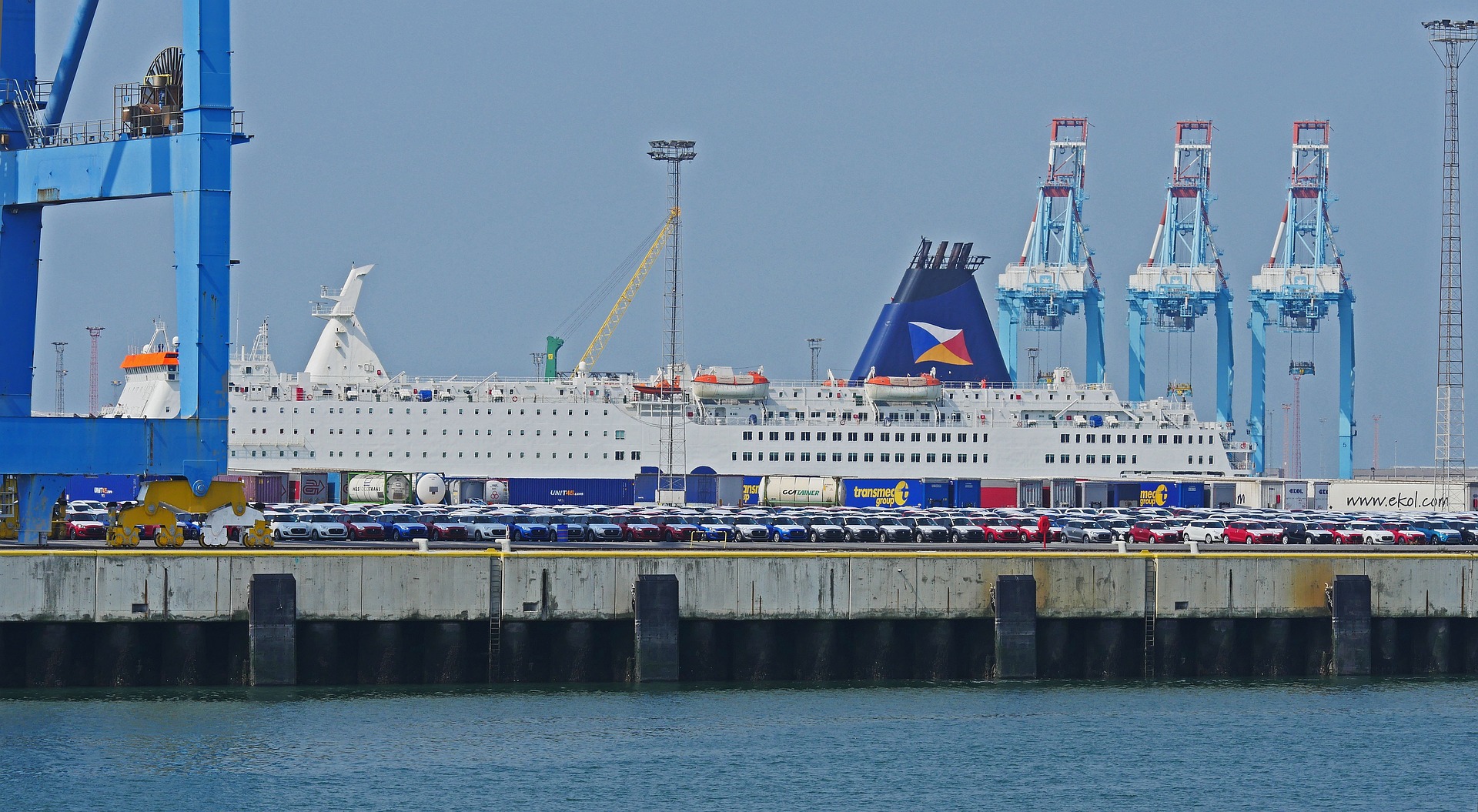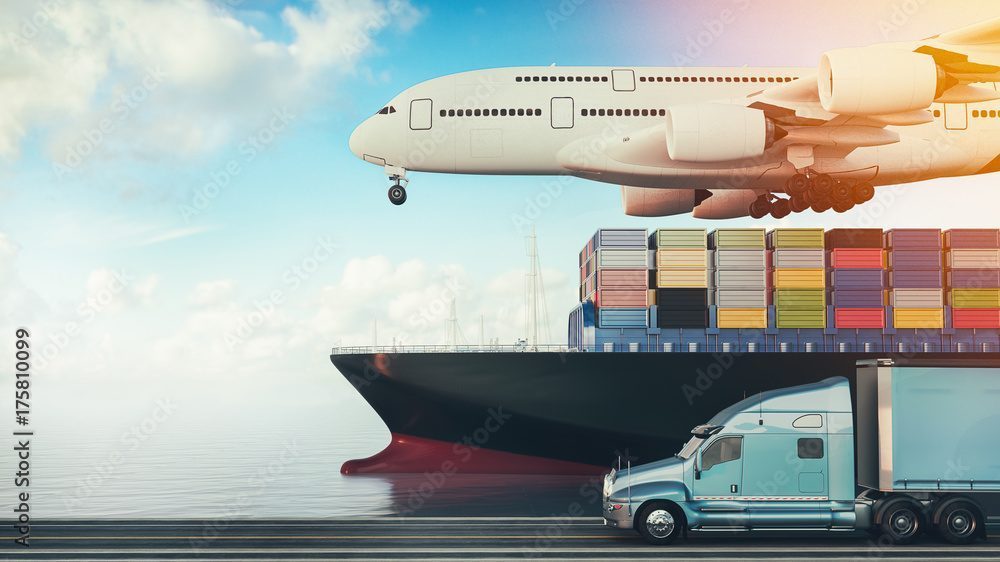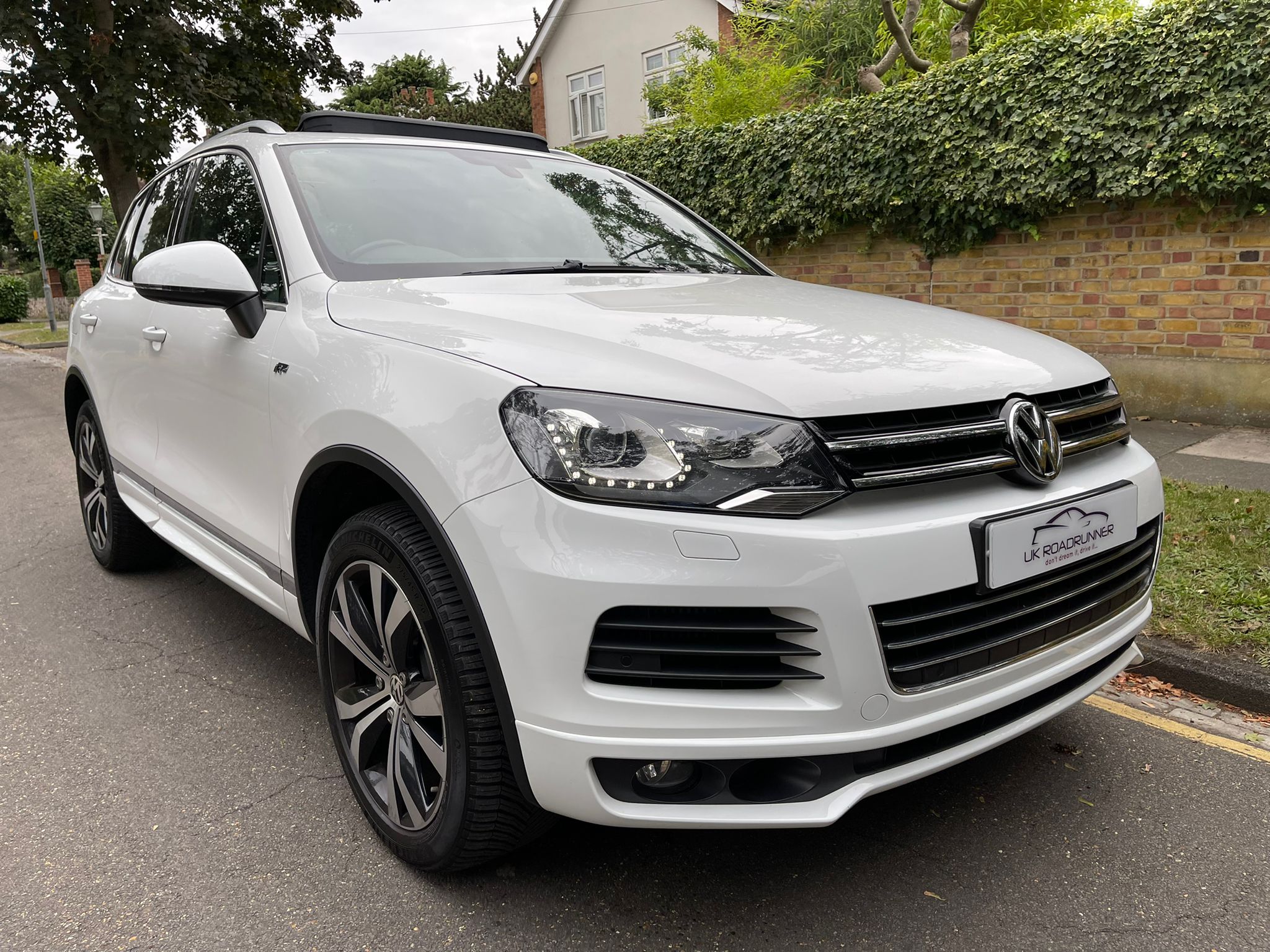The Process of Importing a Car in Kenya

Importing a car to Kenya can be a challenging but rewarding process. Whether you are looking to import a brand new or used car, you must follow a number of steps and rules. However, it can be made simple and hassle-free if you follow all the necessary rules and regulations or use a reputable car importation company like UK RoadRunner to get it done for you.
With the high cost of buying a car locally, many Kenyans are turning to car importation as a cost-effective option. If you’re considering to import a car to Kenya, you need to be aware of and comply with all of the requirements, documents, and regulations involved.
In this blog post, we will provide a comprehensive guide on the car importation process in Kenya, covering everything from selecting the vehicle to the actual importation and registration.
If you’re a first-time importer or an experienced one, this guide will give you the insights and tools you need to successfully navigate the car importation process. Let’s get started and learn how to import a car to Kenya like a pro!
Vehicle Requirements and Regulations
First, you need to ensure that the vehicle is in a good condition and it meets all the requirements stipulated by Kenya Revenue Authority.
- It can only be imported if it is less than 8 years old.
- If is a right-hand drive as directed by the Kenya Bureau of Standards (KEBS) regulations.
- The vehicle you want to import must also be roadworthy, which means it should be inspected and approved by an authorised testing agency. The vehicle should meet all the criteria set by the relevant authorities in both countries. At UK RoadRunner, we take care of this on behalf of all our clients.
Shipping Process

Once these requirements have been fulfilled, then it’s time to get things started. The shipping time varies depending on the shipping method and where the car is shipped from. There are three available shipping methods:
- Roll-on/roll-off shipping (RoRo): Here, the cars are driven on and off a ship designed for carrying vehicles. This is the most affordable and most used.
- Container shipping: The vehicle is shipped in a container. Generally, more expensive than RoRo but considered more secure.
- Air freight shipping: The vehicles are shipped by air. This is the most expensive option.
Clearing and Registration
The clearing and registration process begins once the car has arrived at the Mombasa port.
UK RoadRunner can process the clearing and delivery of your vehicle, alternatively, customers can choose to clear their cars using their preferred agent.
The clearing documents required during this process according to KRA regulations include but are not limited to the following;
- The original commercial invoice issued by the seller.
- The vehicle’s original logbook from its country of origin
- Certificate of roadworthiness, pre-shipment inspection certificate
- Bill of lading, issued by the shipping company/carrier
- A copy of your Kenyan KRA PIN certificate and ID, where the buyer is a company, a copy of the certificate of incorporation
Customers clearing cars duty free may require more documentations. This varies from case to case depending on why they have the duty-free status.
Returning Residents
The importation process is however different for returning residents who also get to enjoy import duty exemptions. These requirements are in addition to the standard importing rules and regulations stated above for all vehicles.
The rules and regulations for importing a car by returning residents include but are not limited to;
- Residency Change: The person must be at least 18 years old and be moving from outside of Kenya to Kenya.
- Owning and Operating the vehicle: The importer must have owned and personally used the vehicle in the other country for an aggregate of twelve months.
- Arrival of the Vehicle: Within 90 days of the owner’s arrival, the vehicle should arrive at the port.
The documents required for the clearing process include:
- The original Bill of lading.
- Original UK V5 (Logbook).
- East Africa Passport: Original Passport and Older Passports if required.
- Pre-Shipment Inspection Certificate from QISJ.
- KRA PIN – Import documents cannot be lodged without this.
Returning Residents from Left-Hand Drive Countries
You must meet certain requirements if you are a Kenyan resident who previously owned a vehicle in a left-hand drive (LHD) country and want to import to Kenya duty-free. These prerequisites include;
- To begin, you must purchase a car with a similar engine capacity to the one you previously owned in the LHD country that meets the standard vehicle regulations and requirements for importing.
- Then, for the newly purchased car, you will need to obtain the standard clearing documents, such as the Original Bill of Lading, KEBS Inspection Certificate, and Logbook.
In addition, qualifying residents must provide further documentation, including proof of ownership of the Left-Hand Drive vehicle and proof of residency in the country, as per regulations. They are;
- Copies of the LHD car’s documents, including the insurance and logbook (translated if not in English).
- Provide a sales agreement as well as proof of selling or donating the LHD vehicle.
- Show a work permit for the duration of your stay in the country.
- Provide proof of legal residency in the country (which can be shown on the passport).
- If necessary, be prepared to appear in person at the commissioner’s office.
- You must not have spent more than 90 days in Kenya in the two years preceding the car clearance.
Other Parties Exemptions
Unless they serve a specific function, all left-hand-drive vehicles cannot be registered. Also amongst these exemptions are vehicles for diplomatic or consular missions, vehicles for the UN or its specialized agencies, vehicles for foreign embassies, vehicles for donor agencies and vehicles especially created for the use of the disabled and rally drivers.
And that’s it, the car is now yours! Importing a car is not as difficult as it seems. It can actually be a great way to save money on your next vehicle purchase. It is in fact an easier and cheaper process.
The best part about importing your own vehicle into Kenya is that it will save you money in the long run. This can be a little confusing because there are so many factors to consider when deciding whether or not to import your vehicle. At UK RoadRunner, our qualified and experienced team will guide you through the process, ensuring that nobody is left behind in their dream of owning their own wheels!

Conclusion
So why not import your car from abroad? It’s a great way to save money and avoid the hassle of dealing with local dealerships.